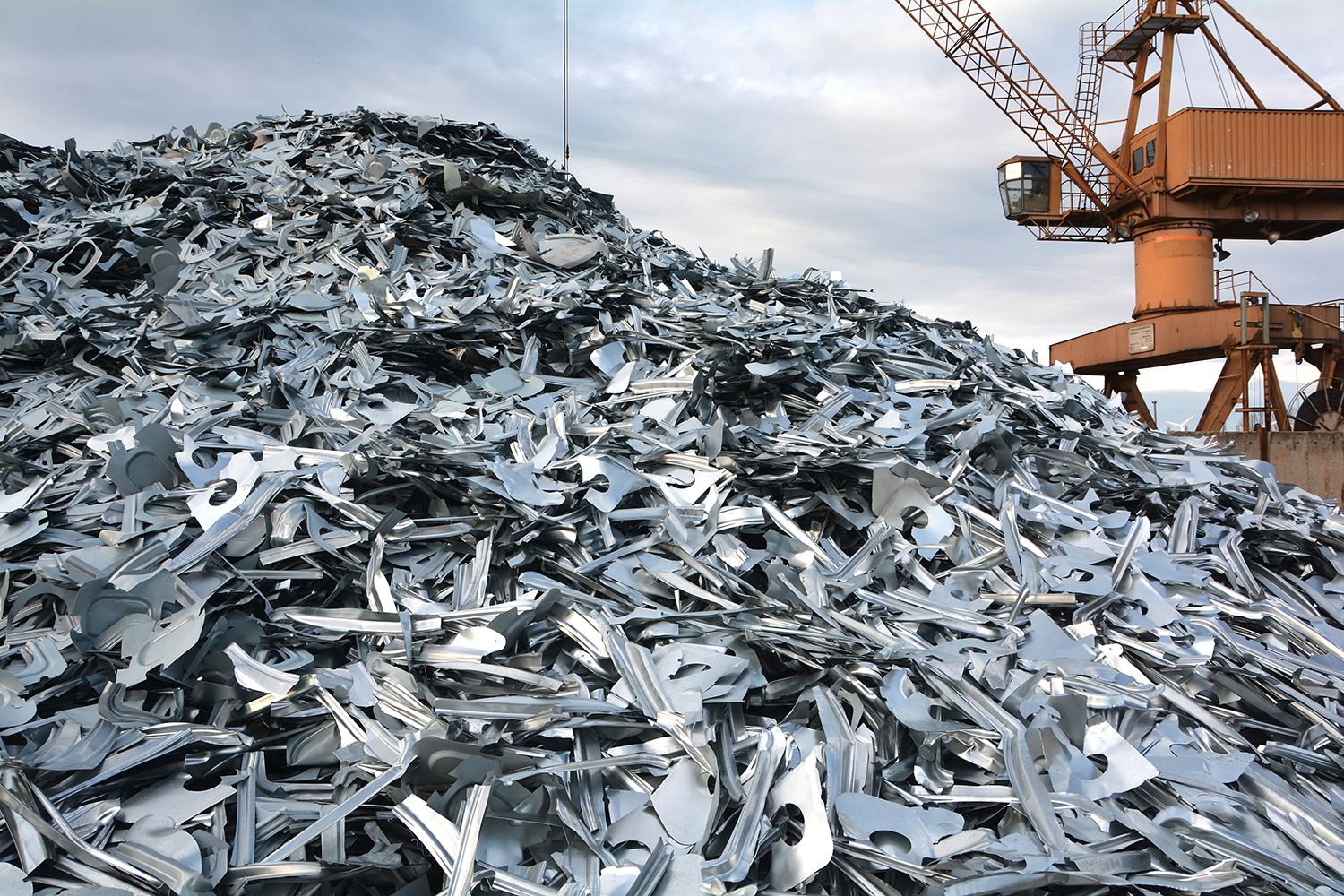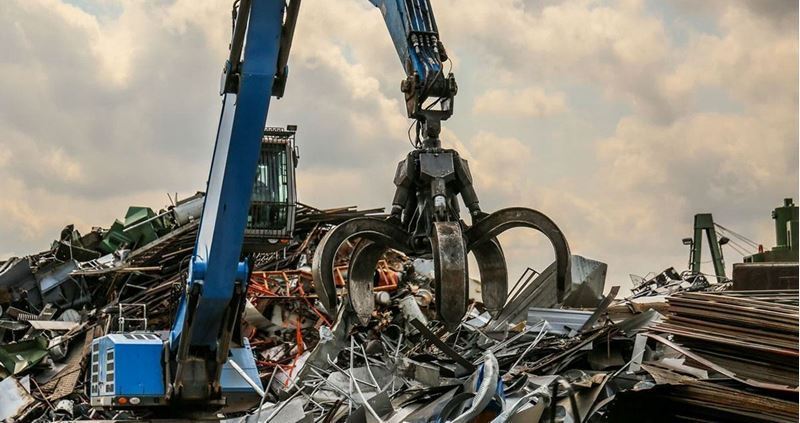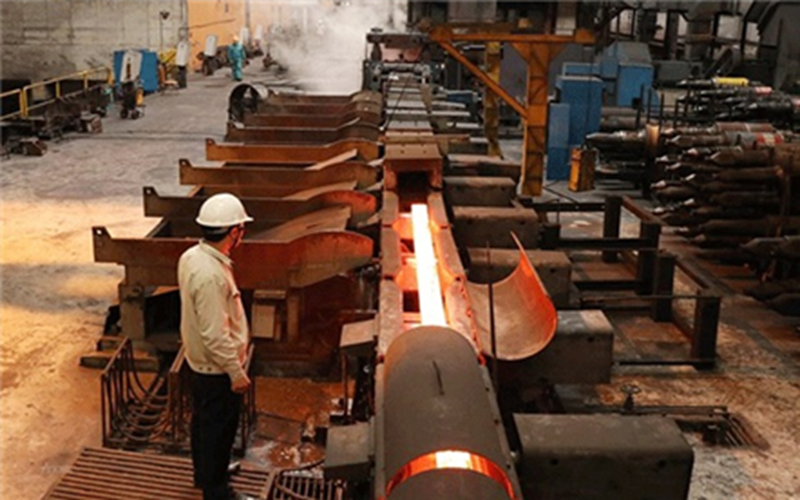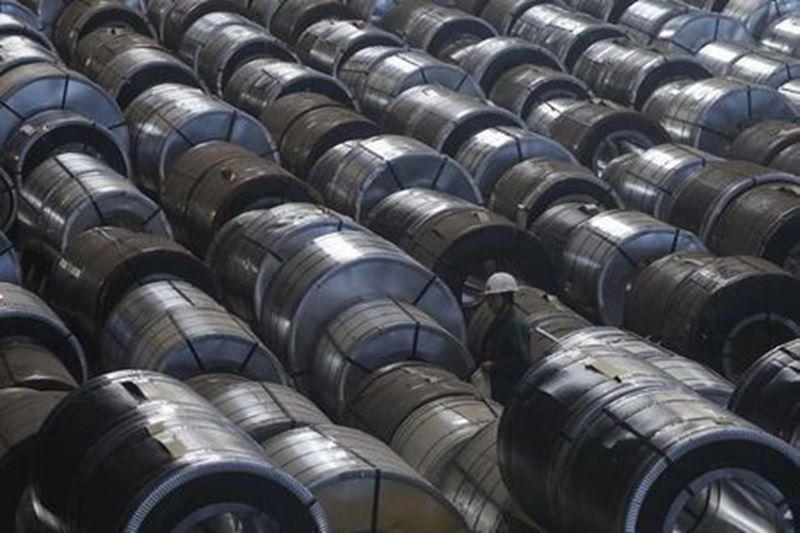Among the factors affecting scrap production in China, continuing hot and rainy weather conditions play an important role. This negatively affects scrap processing and transportation efficiency. Moreover, transportation difficulties and limited wool collection opportunities put a strain on scrap suppliers, leaving short-term market circulation resources limited.
As of July 5, the scrap stock of 31 large and medium-sized steel mills in China decreased by 1.36% compared to the previous period, falling to 938,400 tons. This decrease led to a decrease in the average number of available days. Daily consumption increased slightly, but demand for finished steel products remained weak.
The operating rate and capacity utilization of electric ovens across the country decreased compared to the previous period, falling to 60.90% and 52.17%, respectively. This situation limits the profit margins of electric furnace steel plants and forces some producers to cut production.
While the spot trend of steel futures is fluctuating, steel producers are trying to reduce raw material prices to control costs. However, scrap prices do not compare favorably with molten iron costs, making it difficult for steel producers to significantly increase their demand for scrap.
The absence of the traditional demand season and the accumulation of finished steel stocks are limiting the enthusiasm of steel producers in China to produce. The scrap market is expected to continue to fluctuate and adapt in the near future.
In this context, it is unclear how the scrap market in China will evolve in the coming period. Manufacturers should be careful about using resources efficiently and adapting quickly to market changes.









Comments
No comment yet.